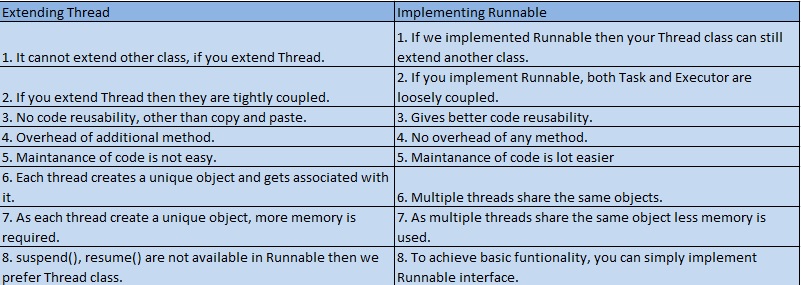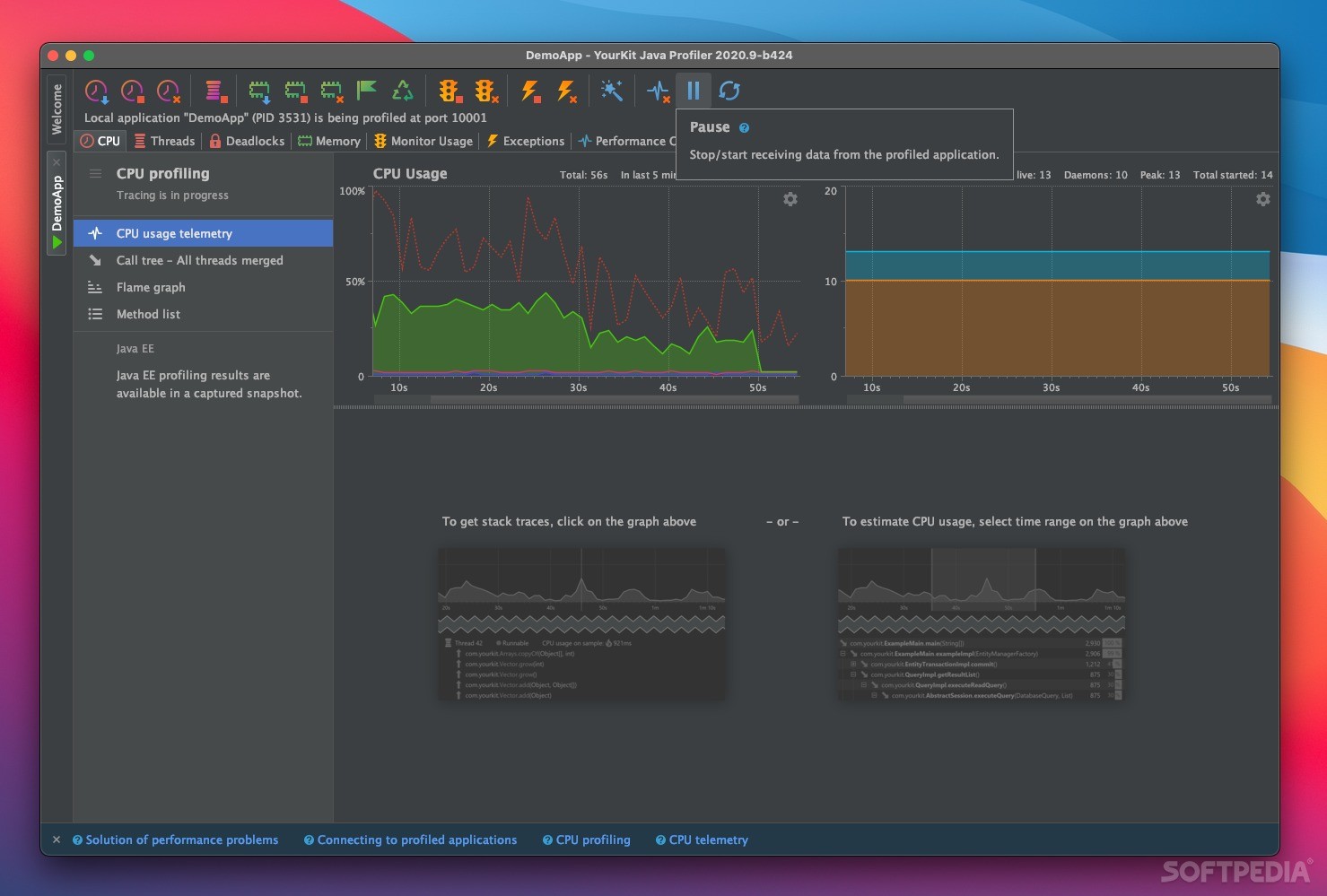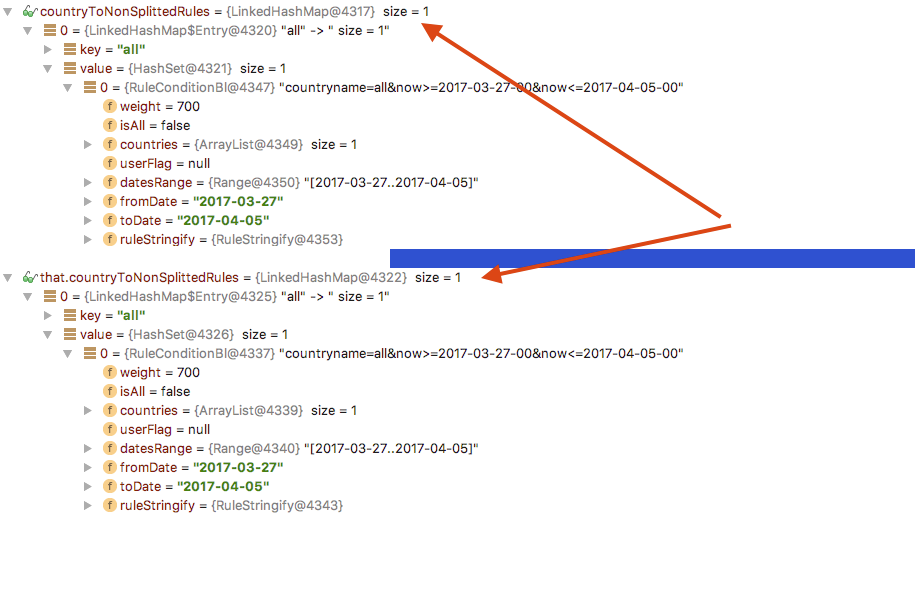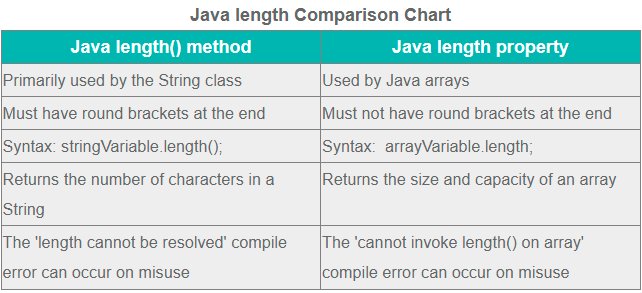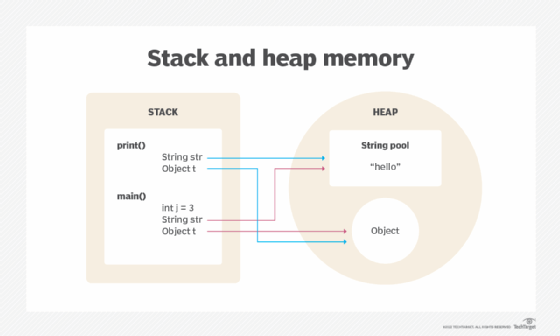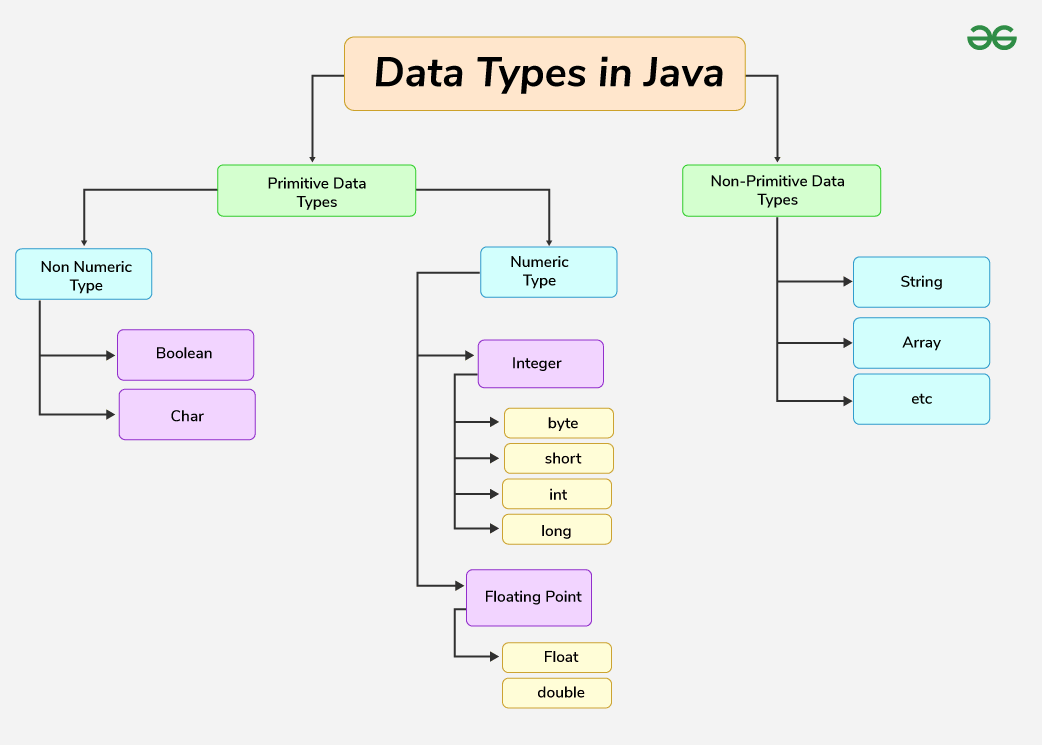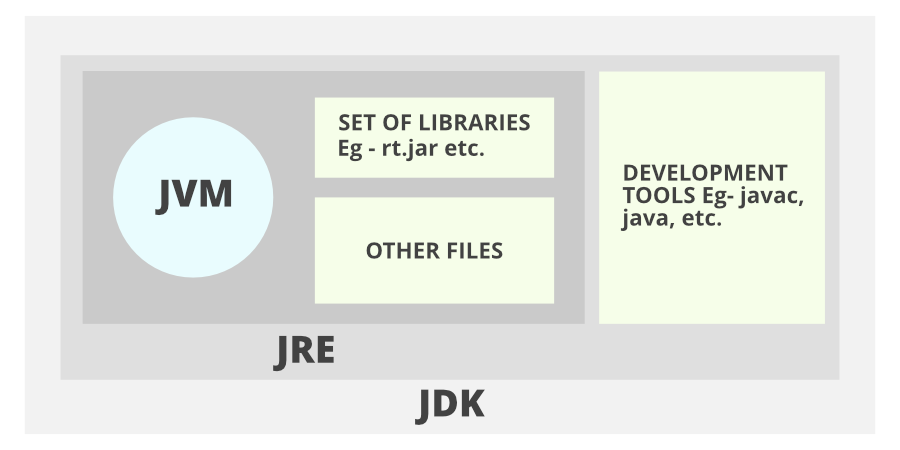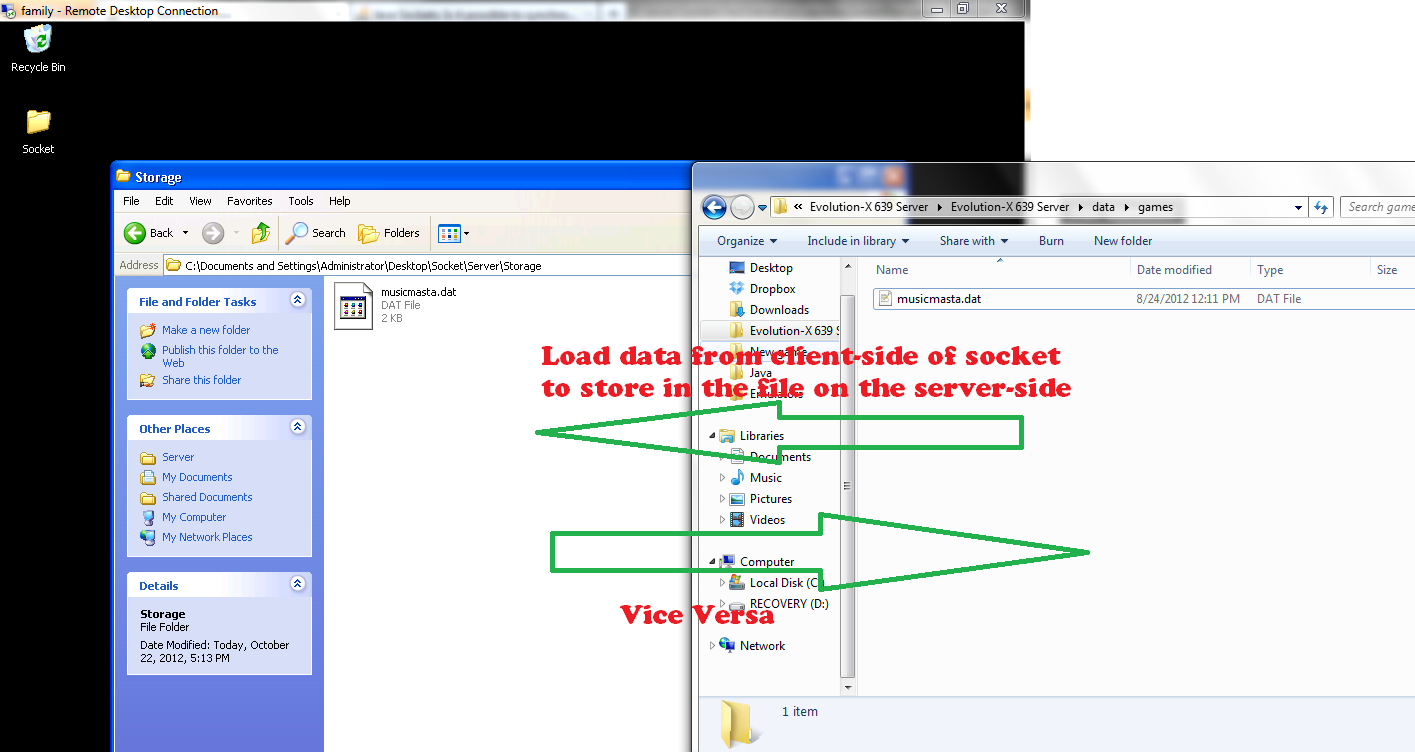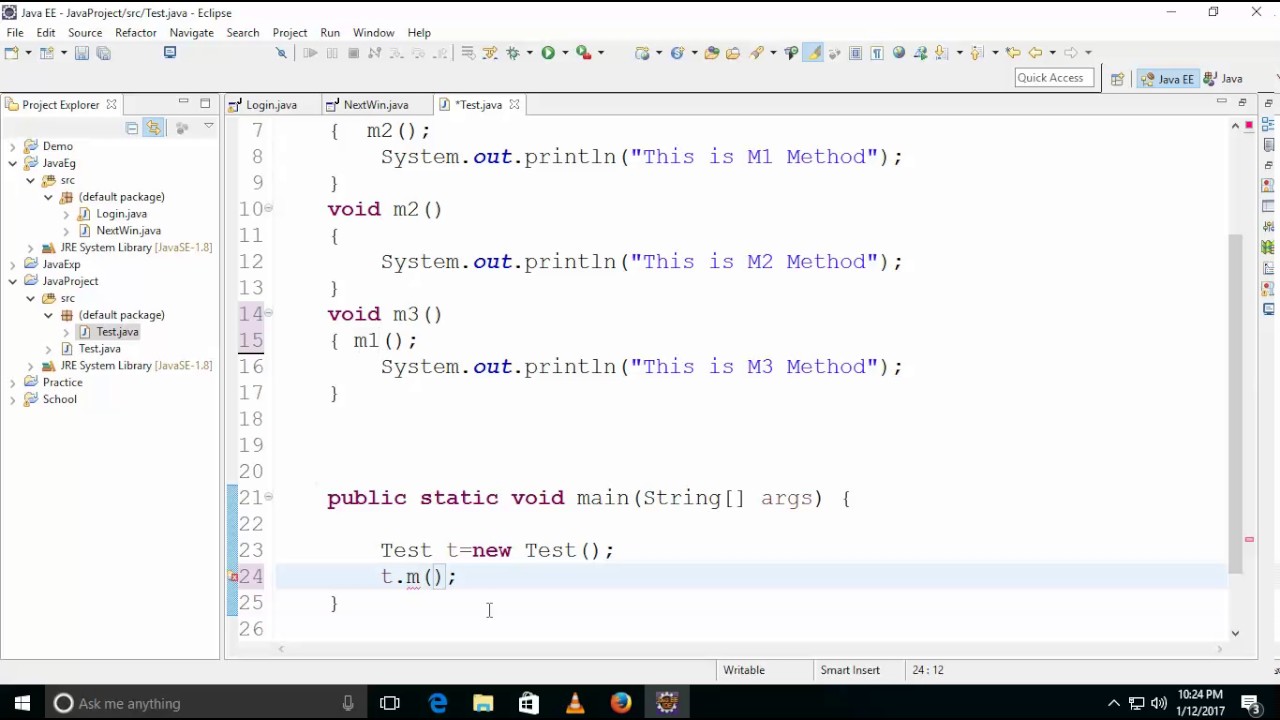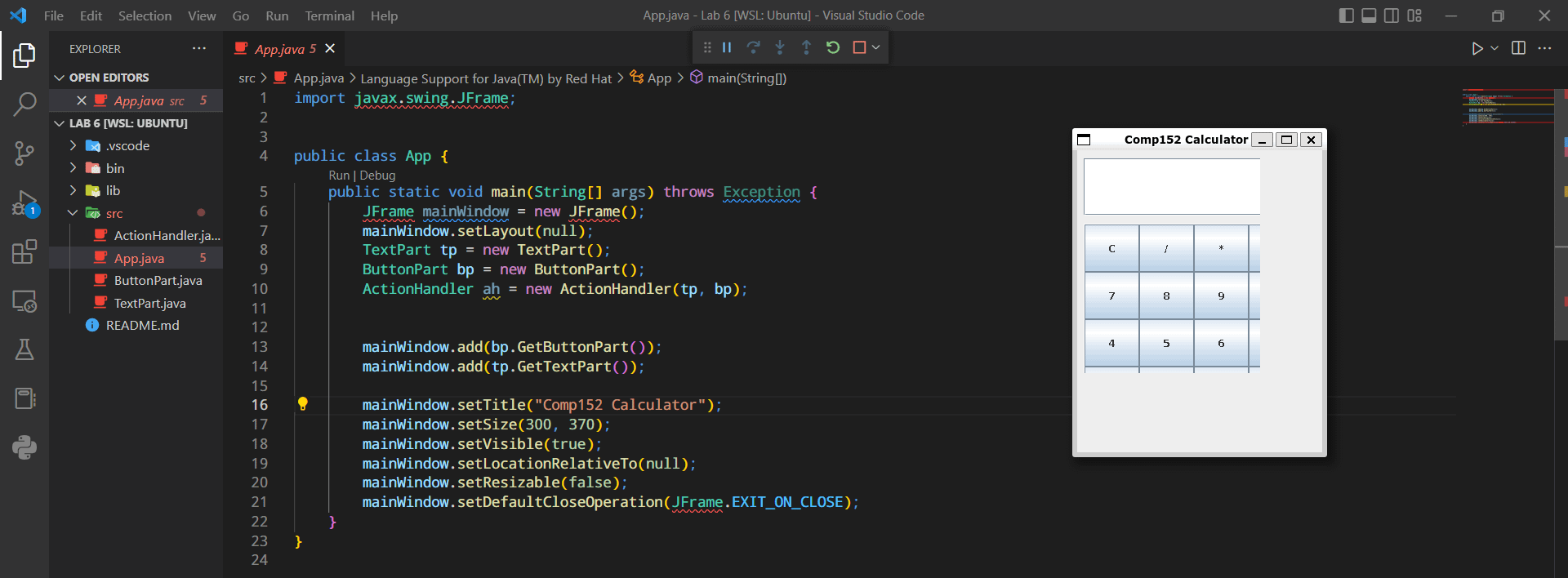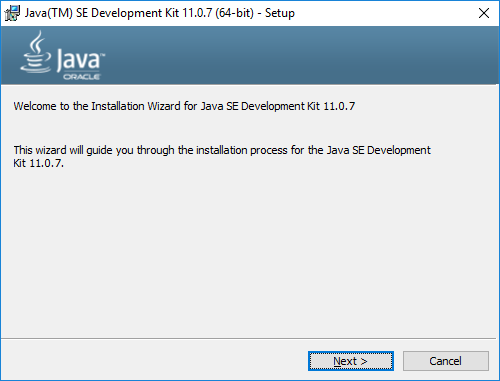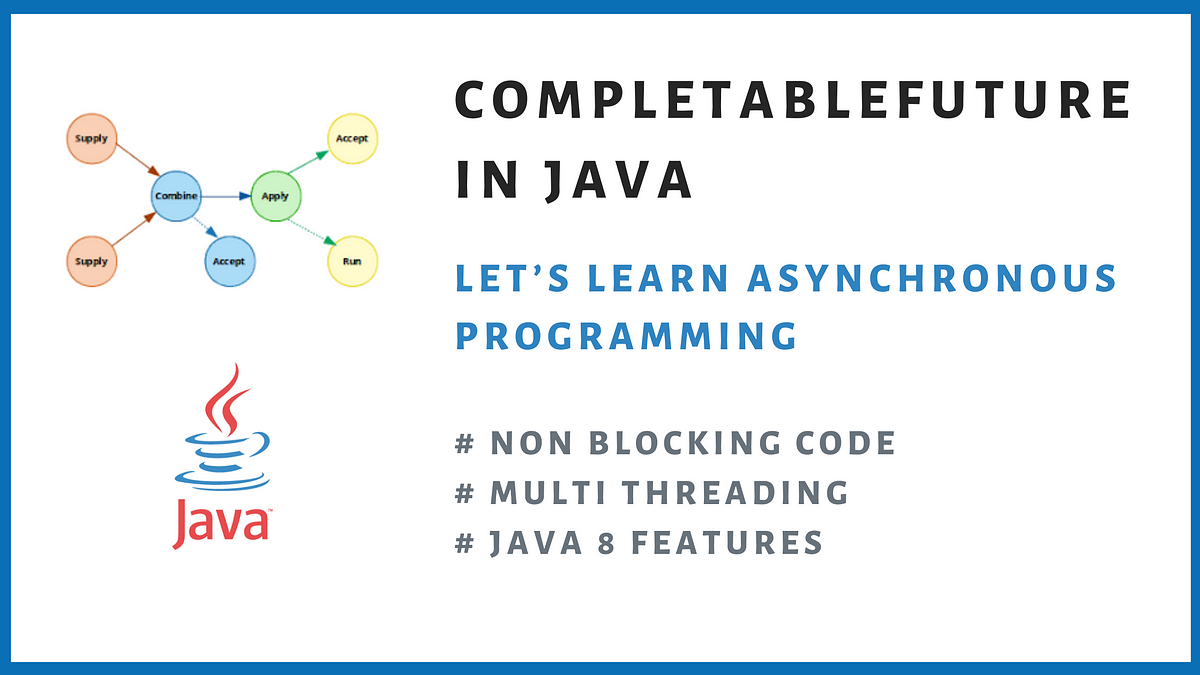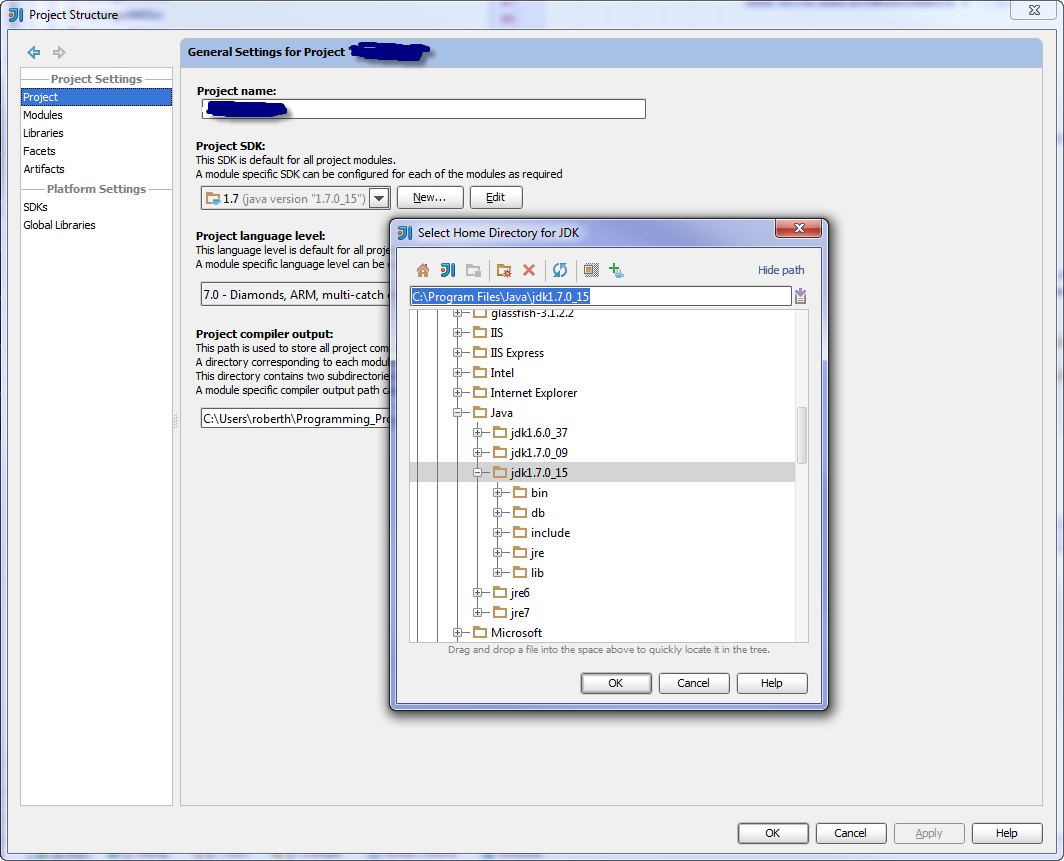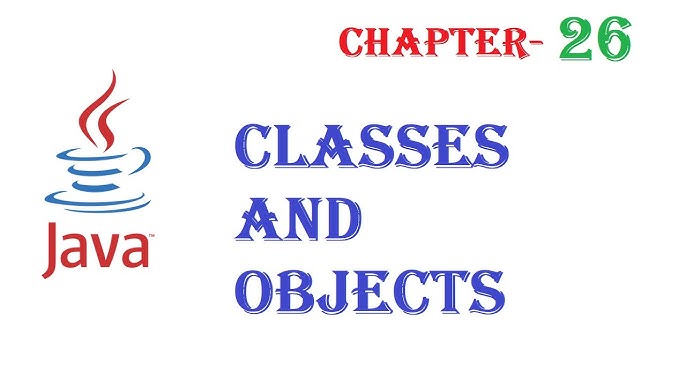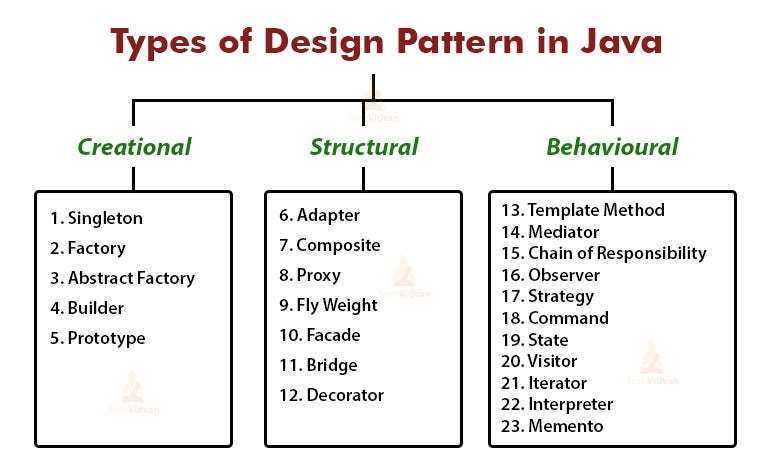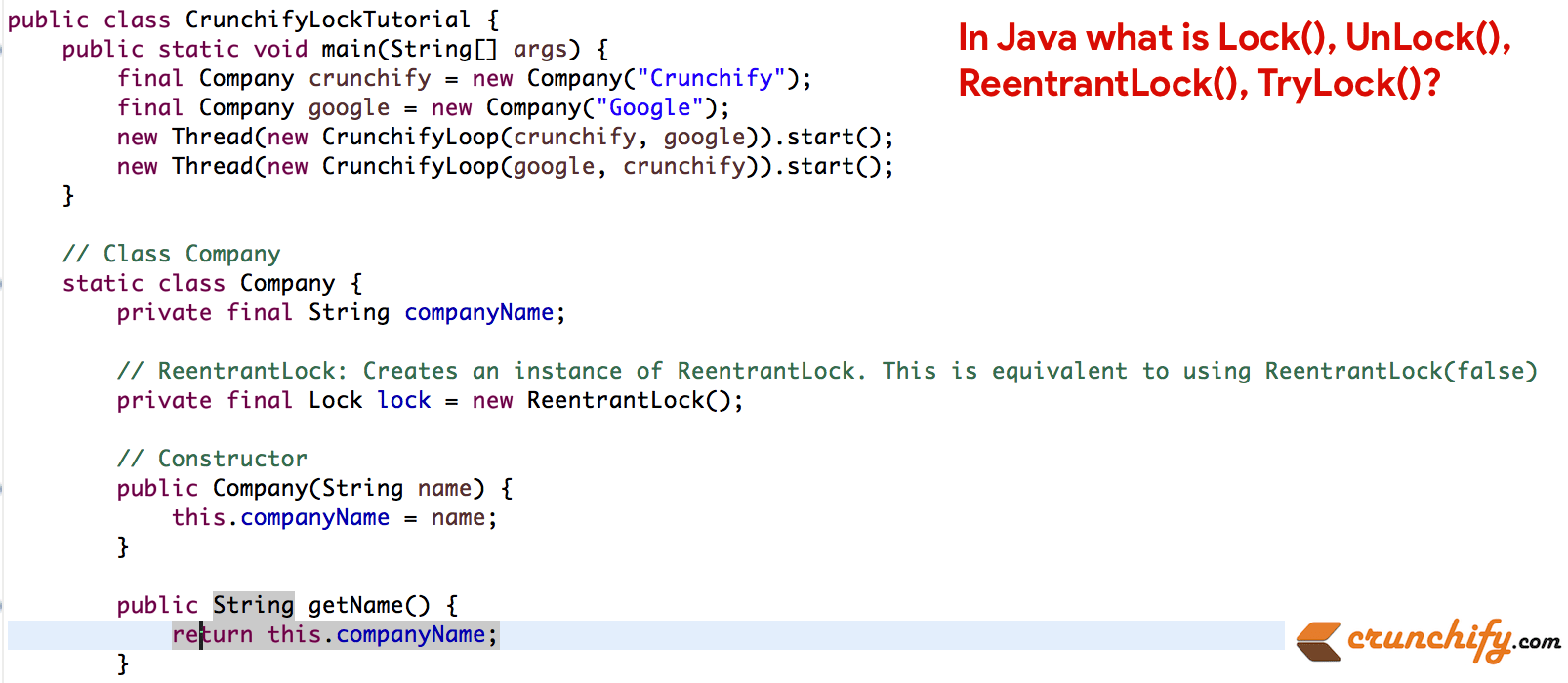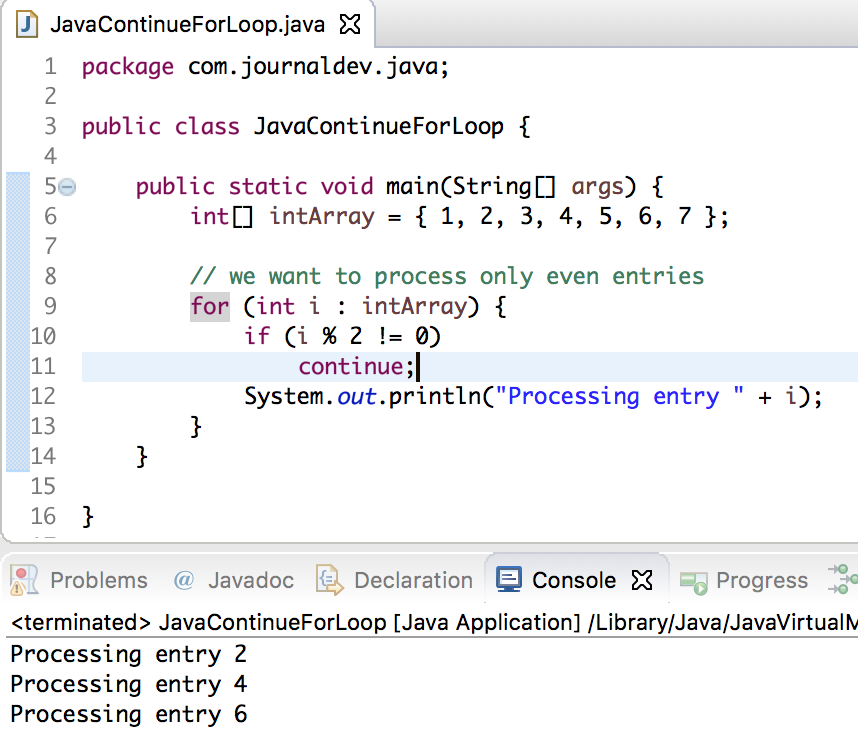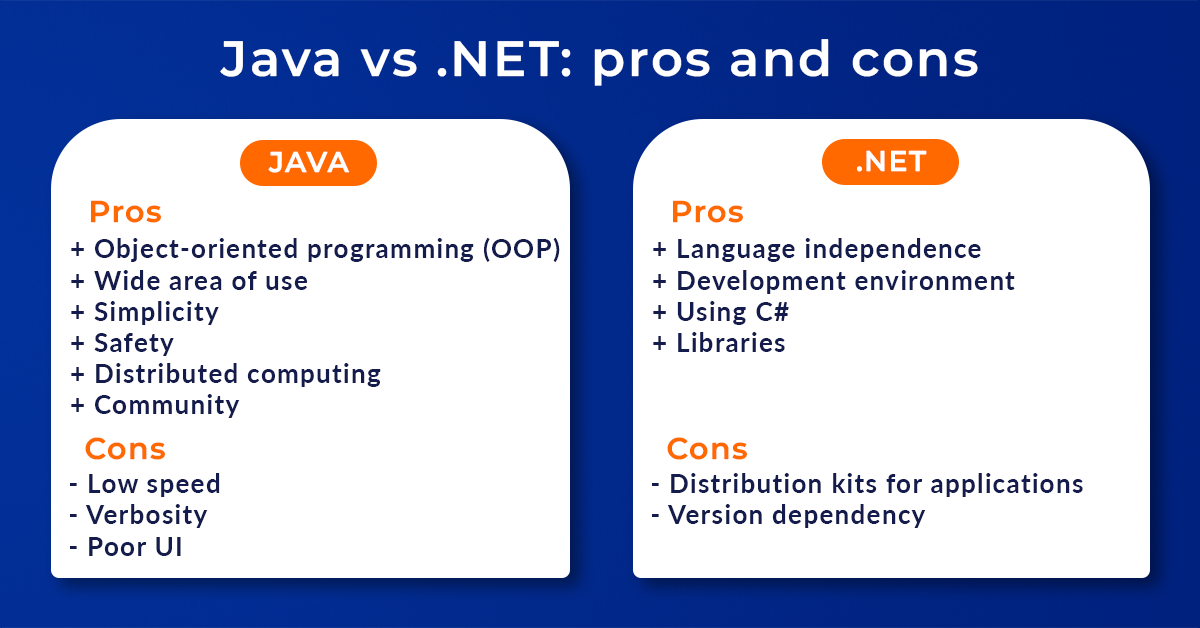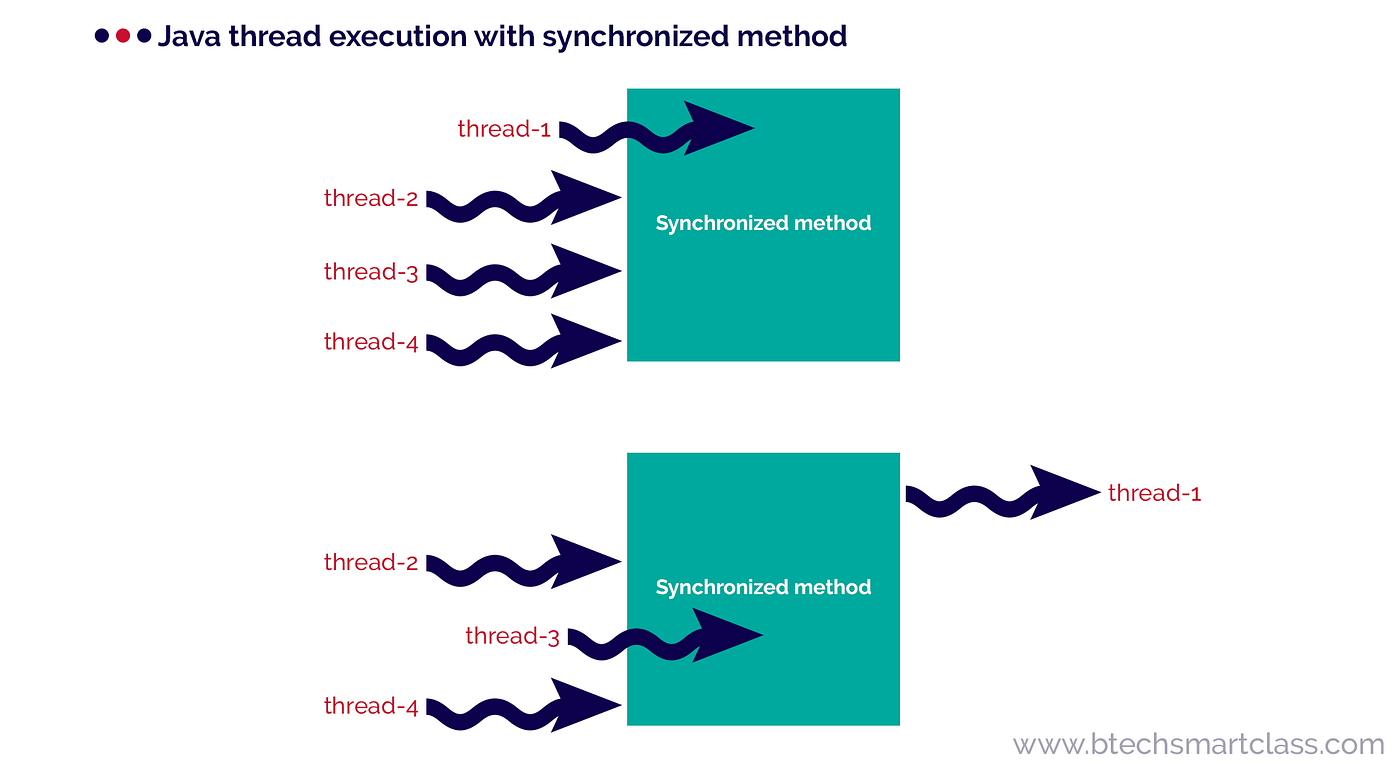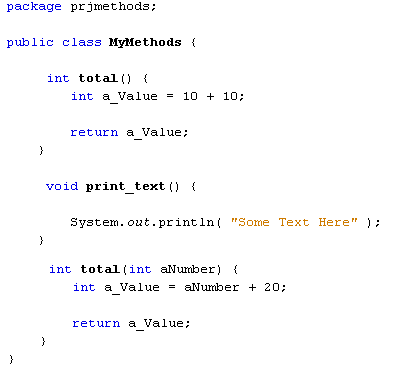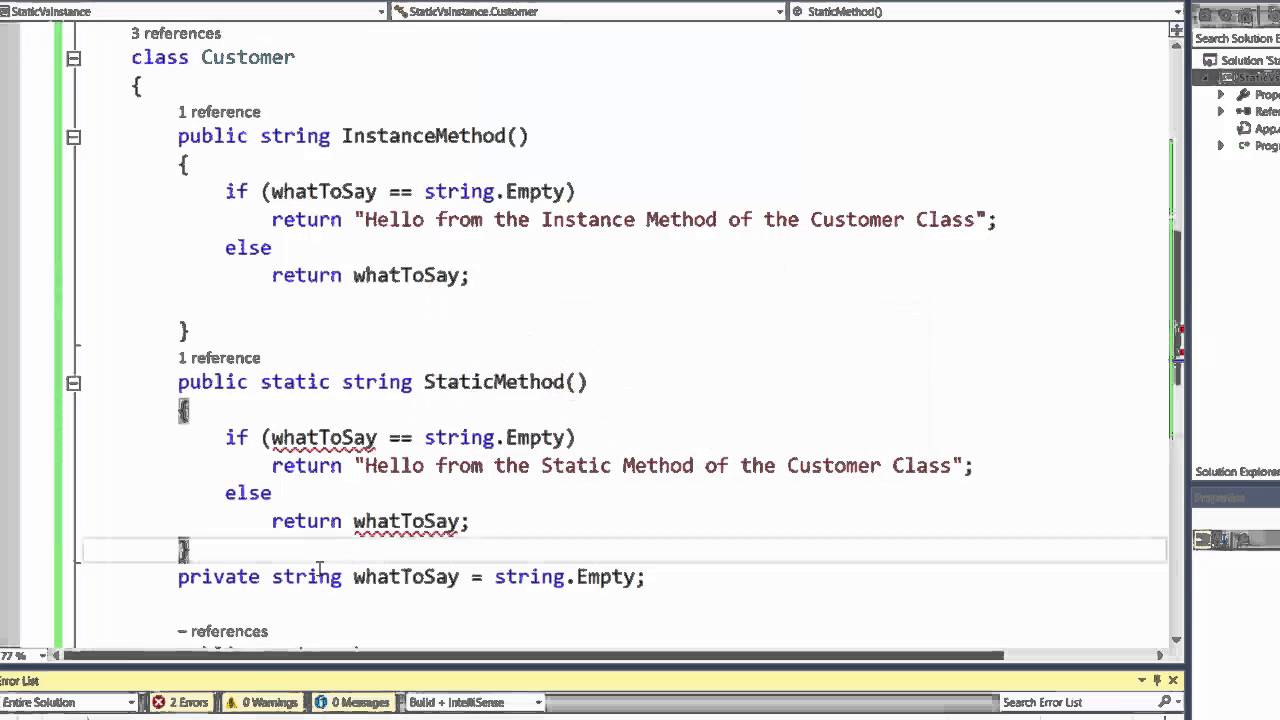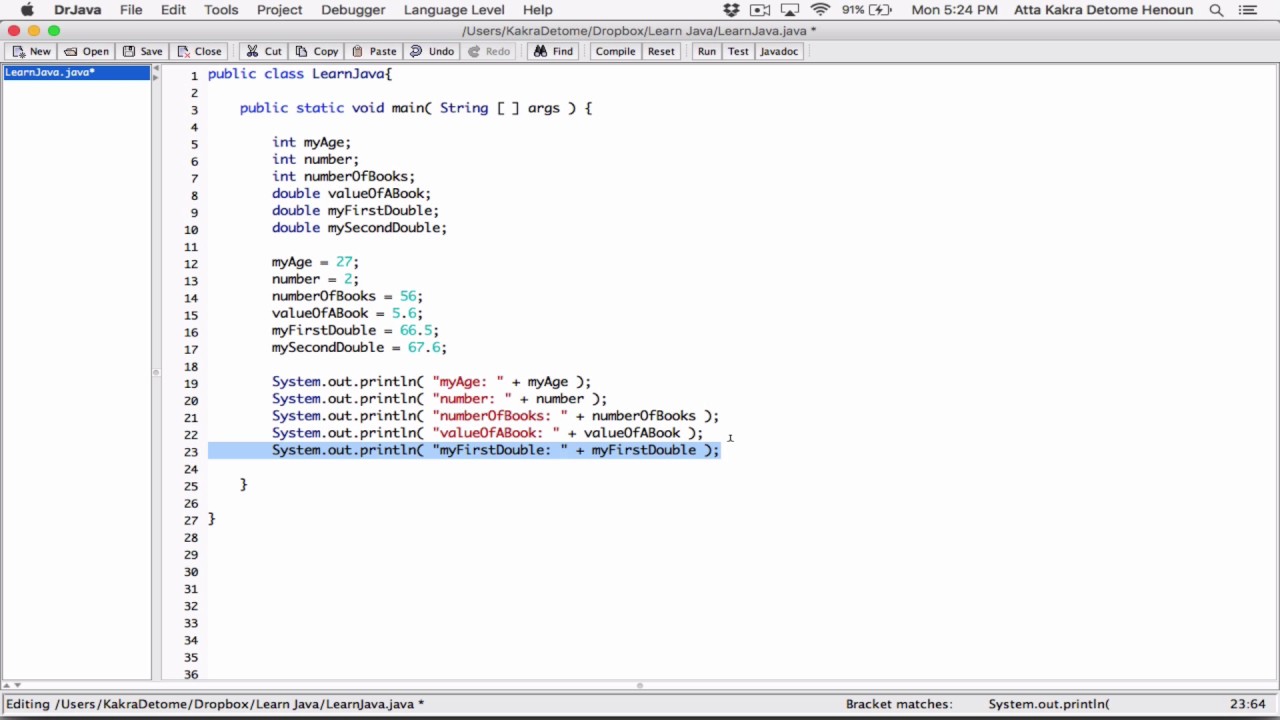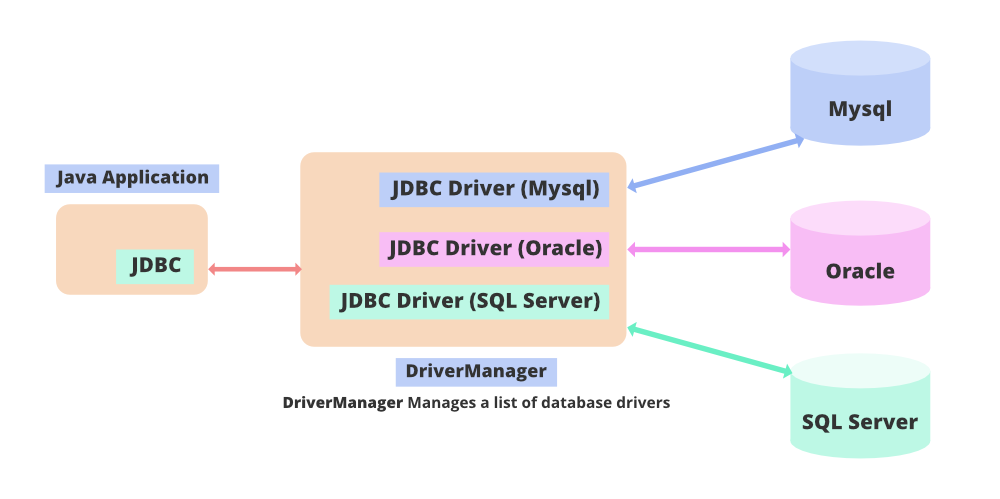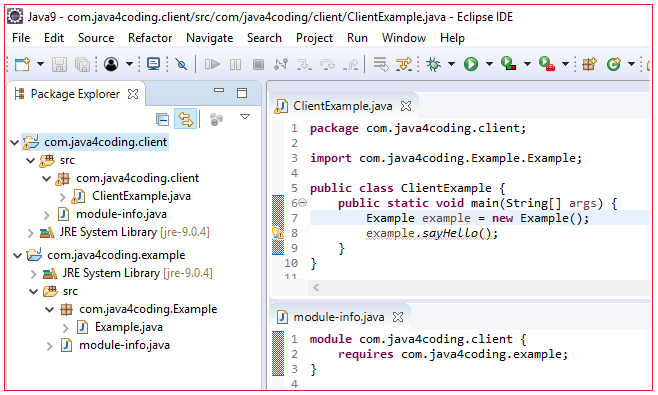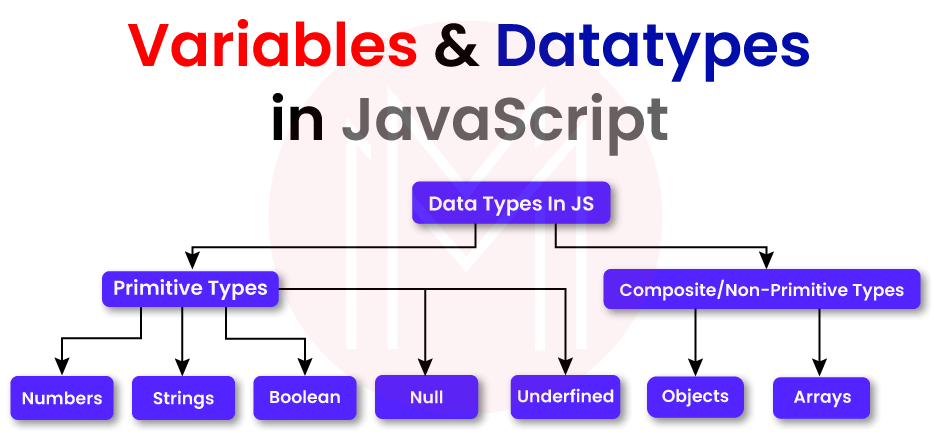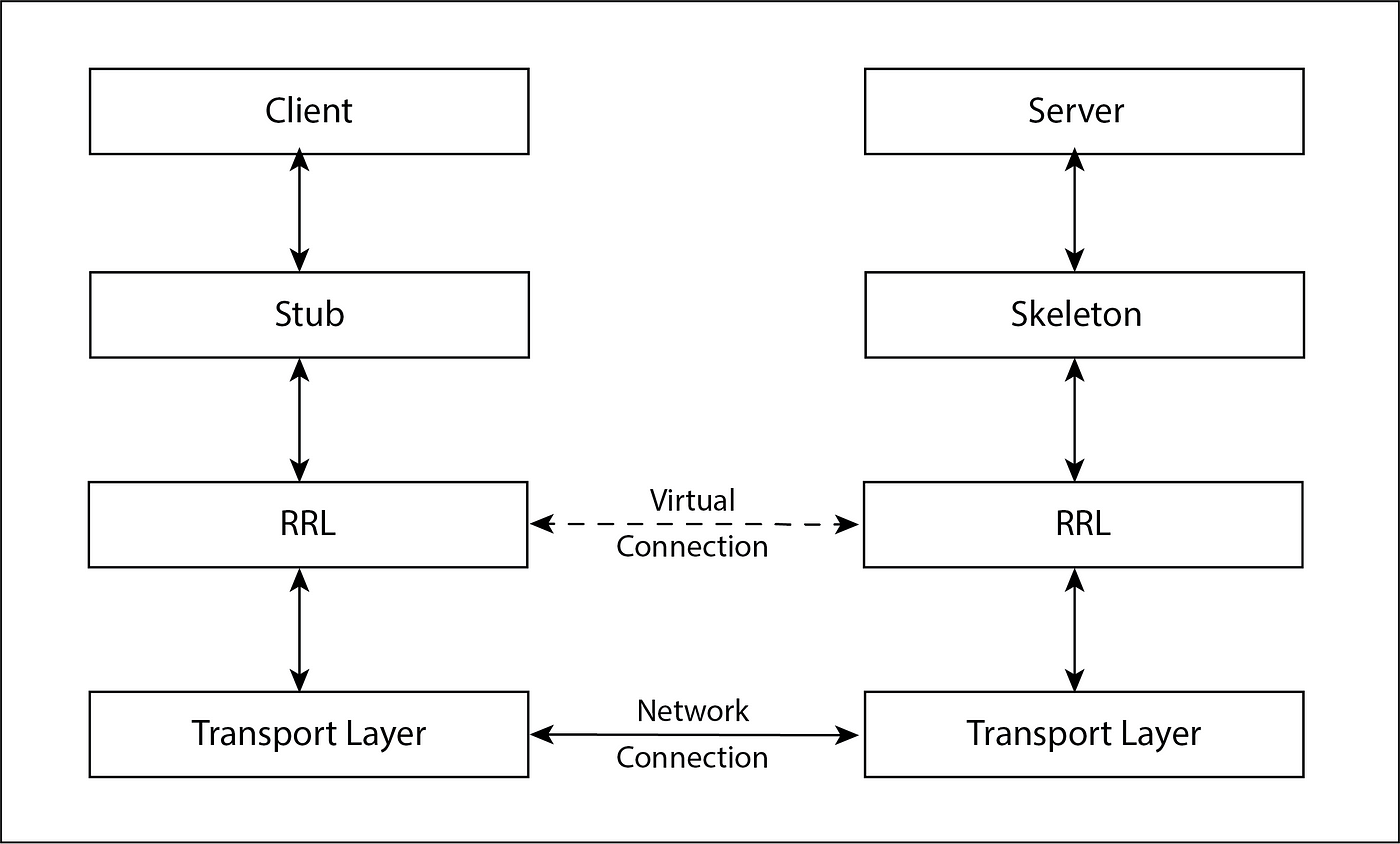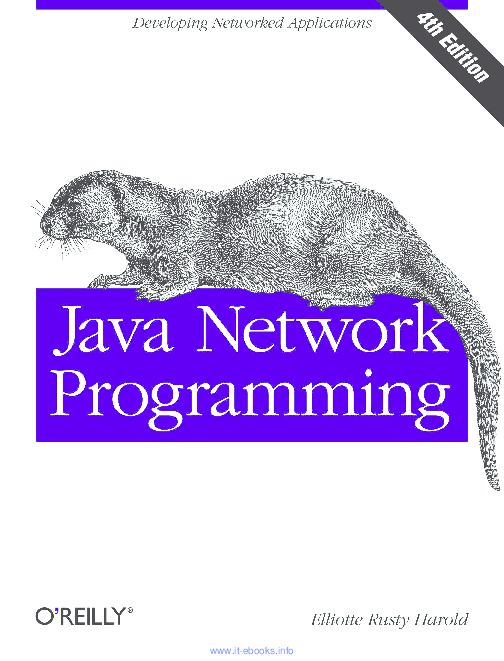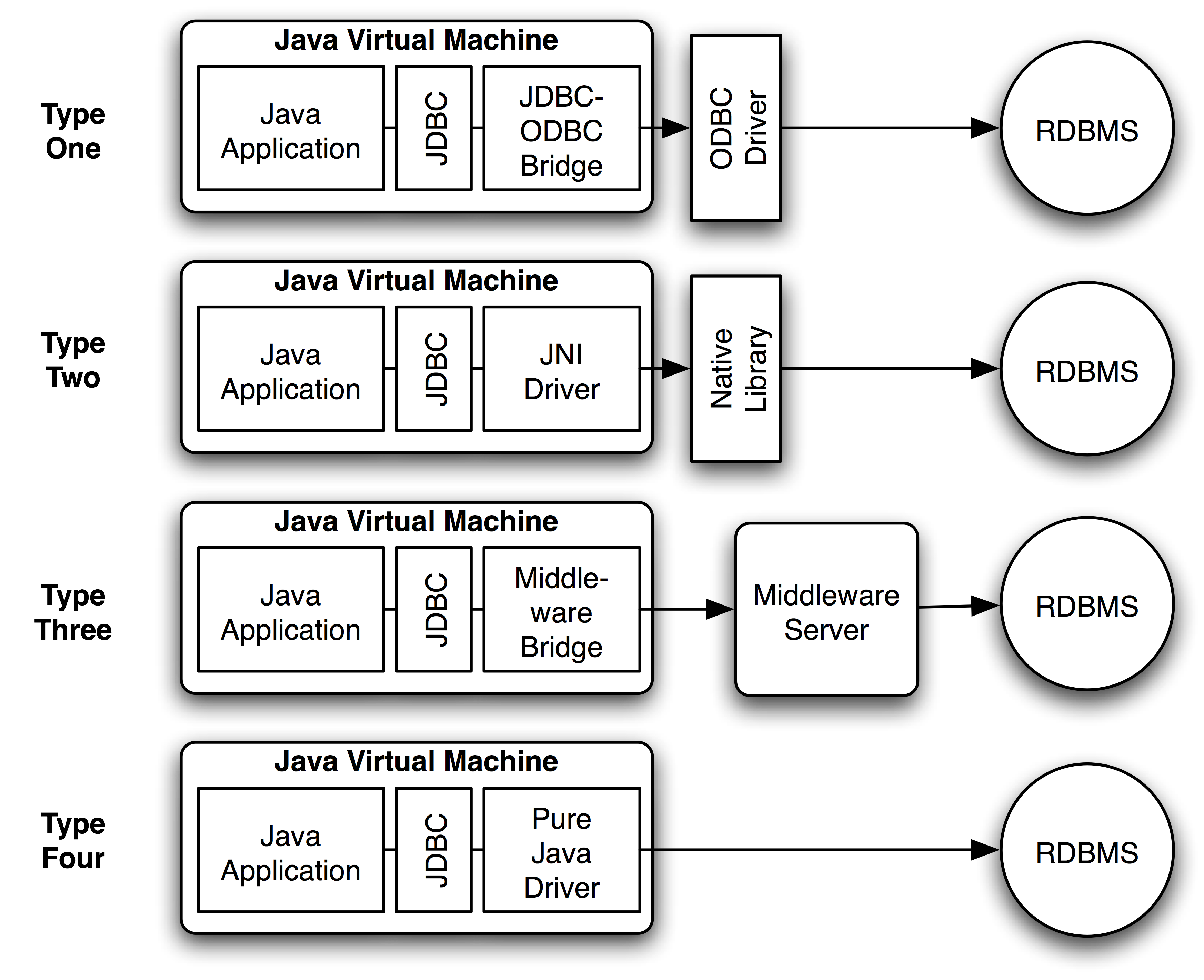What are the Java commands?
What are the Java commands?
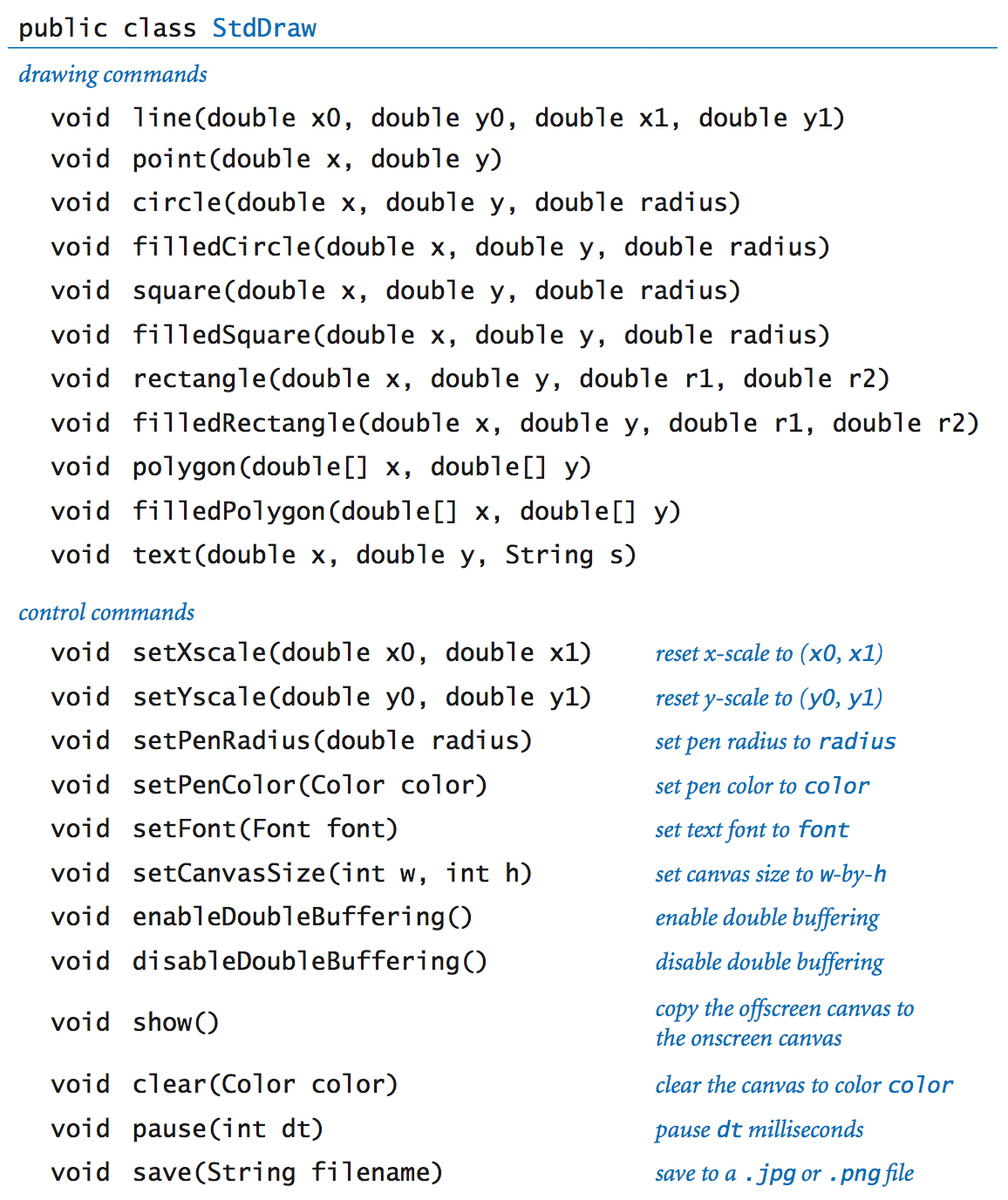
I apologize for any confusion earlier. Here's a comprehensive list of basic Java commands:
Variables and Data Types
int x = 5;: declares an integer variable named x with value 5. double y = 3.14;: declares a double-precision floating-point variable named y with value 3.14. boolean isAdmin = true;: declares a boolean variable named isAdmin with value true. String name = "John";: declares a string variable named name with value "John".
Operators
Arithmetic operators:x + y;: performs addition on x and y. x - y;: performs subtraction on x and y. x * y;: performs multiplication on x and y. x / y;: performs division on x and y. x % y;: computes the remainder of dividing x by y. Comparison operators: x > y;: checks if x is greater than y. x < y;: checks if x is less than y. x == y;: checks if x is equal to y. x != y;: checks if x is not equal to y. Logical operators: x && y;: performs a logical AND operation on x and y. x || y;: performs a logical OR operation on x and y. !x;: performs a logical NOT operation on x.
Control Flow
Conditional statements:if (x > 5) { System.out.println("x is greater than 5"); }: checks if x is greater than 5 and prints the message if true. if (x < 0) { System.out.println("x is less than 0"); } else { System.out.println("x is not less than 0"); }: checks if x is less than 0 and prints either of the two messages depending on the condition. Loops: for (int i = 0; i < 5; i++) { System.out.println(i); }: loops from 0 to 4, printing each number in the loop body. while (x > 0) { System.out.println(x--); }: loops as long as x is greater than 0, decrementing x by 1 and printing its value after each iteration.
Methods
Method declaration:public void sayHello(String name) { System.out.println("Hello " + name); }: declares a public method named sayHello that takes a string parameter and prints the message with the given name. Method call: sayHello("John");: calls the previously declared sayHello method, passing the string "John" as an argument.
Arrays
Array declaration:int[] scores = new int[5];: declares an integer array named scores of size 5. Array initialization: scores[0] = 90; scores[1] = 80; ...: initializes each element of the array with a value.
These are just some of the fundamental Java commands. Java has many more features and constructs, but this should give you a good starting point for building your own Java programs!
Java command list for beginners
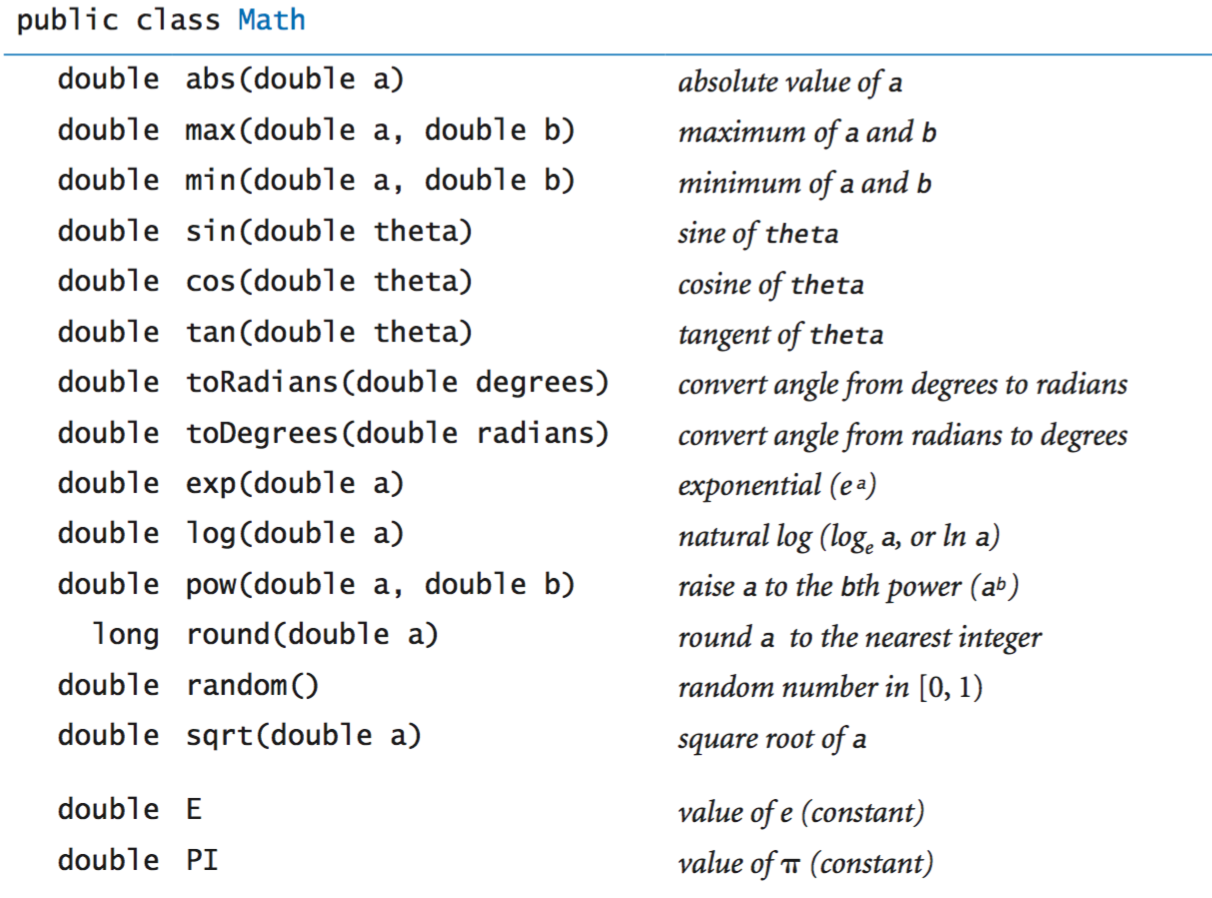
I'm happy to help! Here's a comprehensive list of essential Java commands and syntax for beginners:
Variables and Data Types
int x = 5; declares an integer variable named x with value 5. double y = 3.14; declares a double precision floating-point variable named y with value 3.14. String name = "John"; declares a string variable named name with value "John".
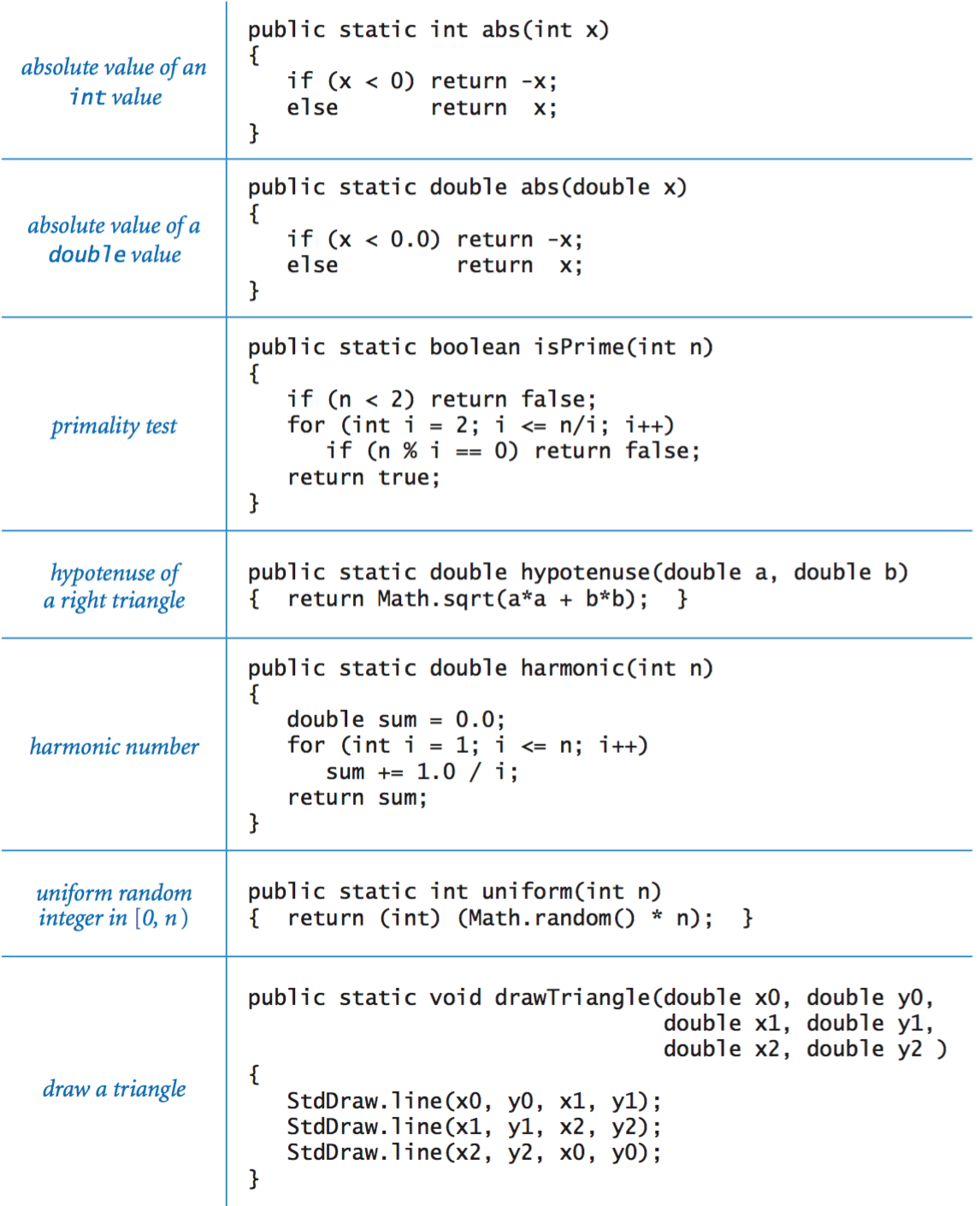
boolean isAdmin = true; declares a boolean variable named isAdmin with value true.
Operators
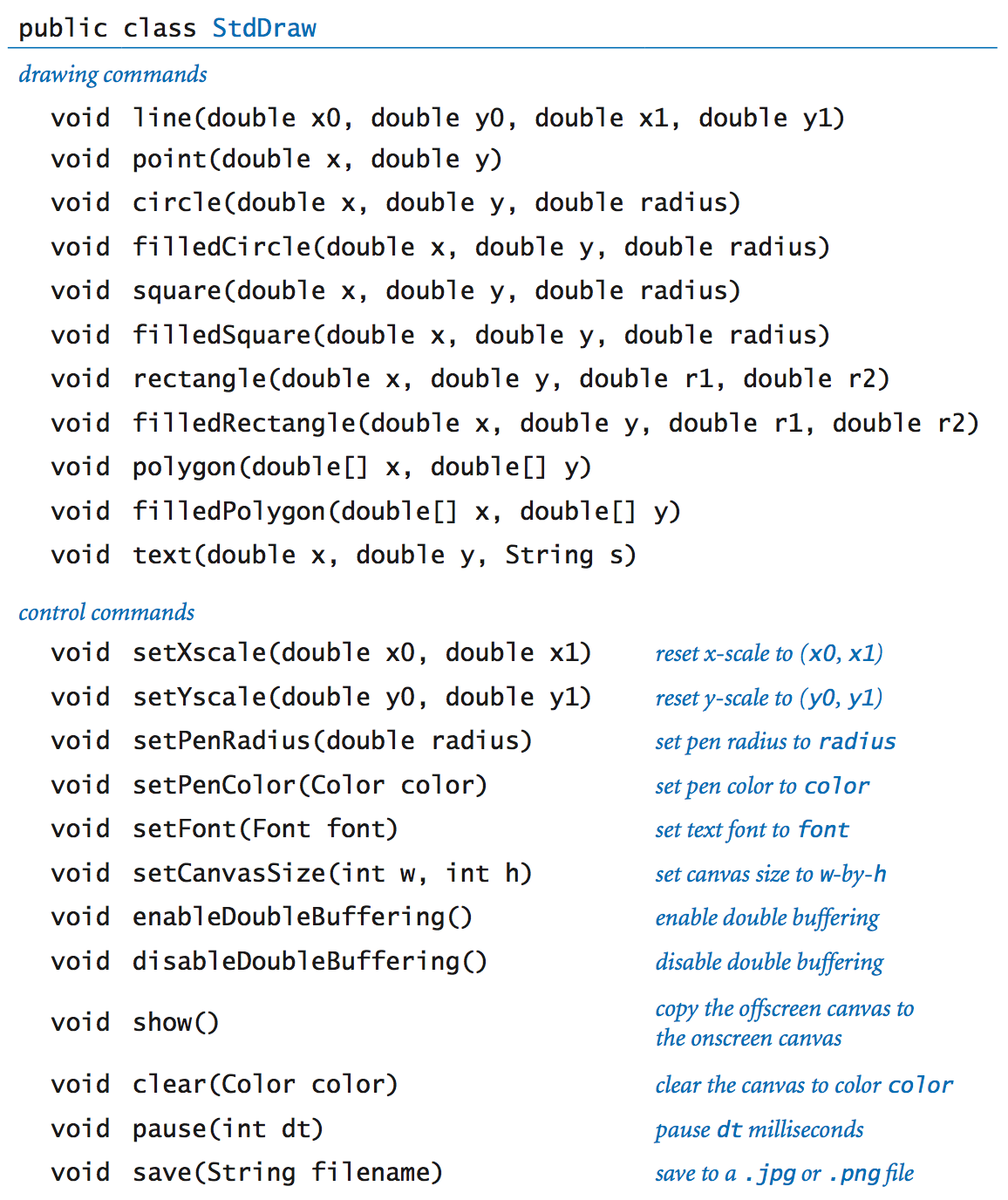
x + 5; adds 5 to the value of x. x - 2; subtracts 2 from the value of x. x * 3; multiplies the value of x by 3. x / 4; divides the value of x by 4. x % 5; returns the remainder of dividing the value of x by 5. Comparison operators: x > 5; checks if the value of x is greater than 5. x < 5; checks if the value of x is less than 5. x == 5; checks if the value of x is equal to 5. x != 5; checks if the value of x is not equal to 5. Logical operators: x && y; returns true if both x and y are true. x || y; returns true if either x or y is true.
Control Structures
If-else statement:if (condition) {
// code to be executed when condition is true
} else {
// code to be executed when condition is false
}
for (int i = 0; i < 5; i++) {
// code to be executed repeatedly
}
int i = 0;
while (i < 5) {
// code to be executed repeatedly
i++;
}
int i = 0;
do {
// code to be executed repeatedly
i++;
} while (i < 5);
switch (x) {
case 1:
// code for when x is 1
break;
case 2:
// code for when x is 2
break;
default:
// code to be executed for any other value of x
}
Functions and Methods
Method declaration:public void printHello() {
System.out.println("Hello!");
}
printHello();
public int sum(int a, int b) {
return a + b;
}
int result = sum(2, 3);
Error Handling
Try-catch block:try {
// code that might throw an exception
} catch (Exception e) {
// code to handle the exception
}
try {
// code that might throw an exception
} finally {
// code to be executed regardless of whether an exception was thrown or not
}
Input and Output
Reading from standard input (console):Scanner scanner = new Scanner(System.in);
int x = scanner.nextInt();
System.out.println("Hello!");
FileInputStream fileInputStream = new FileInputStream("example.txt");
FileOutputStream fileOutputStream = new FileOutputStream("example.txt");
// read from file
BufferedReader reader = new BufferedReader(new FileReader(fileInputStream));
String line = reader.readLine();
// write to file
PrintWriter writer = new PrintWriter(fileOutputStream, true);
writer.println("Hello!");
Object-Oriented Programming (OOP)
Class declaration:public class Person {
private String name;
public Person(String name) {
this.name = name;
}
public void sayHello() {
System.out.println("Hello! My name is " + name);
}
}
Person person = new Person("John");
person.sayHello();
This list should provide a solid foundation for beginners to learn Java programming. Remember, practice makes perfect, so be sure to try out these commands and syntax in your own coding projects!

